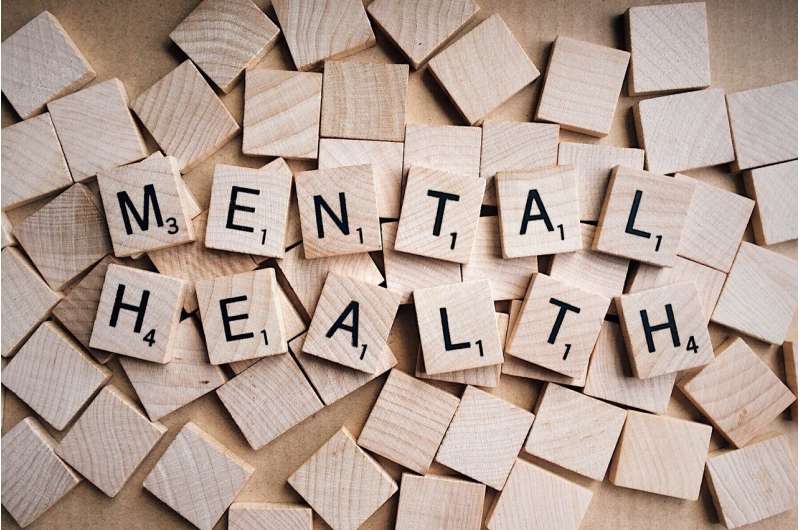Understanding College Student Mental Health: Challenges and Positive Developments in 2025

Recent studies show a nuanced picture of college student mental health, revealing both ongoing challenges and signs of positive change in 2025. Learn about the latest trends and implications for support strategies.
The term "crisis" is often used to describe the mental health situation among college students, yet this label may oversimplify a complex reality. While the mental well-being of students has undeniably faced deterioration over the past two decades—highlighted by rising rates of suicidal ideation, depression, anxiety, and increased reliance on psychotropic medications—the current landscape also presents signs of progress. Recent data from the Healthy Minds Study and the Center for Collegiate Mental Health indicate that, after years of increasing distress, some indicators such as suicidal thoughts, severe anxiety, and depression symptoms have shown slight declines in 2024 compared to previous years.
Specifically, the percentage of students contemplating suicide decreased after peaking earlier, and depression symptoms—measured through clinical assessments—have also declined in consecutive years for the first time since data collection began in 2010. Additionally, students’ academic and social distress has lessened post-pandemic, with an increase in students reporting flourishing mental health and a reduction in loneliness and eating disorder symptoms.
However, concerns remain paramount. The proportion of students taking psychotropic medications has grown from 9% in 2007 to 26% in 2024. Over a third of students reported receiving mental health care within the past year, and the demand for counseling services continues to outpace population growth. Disparities are also evident, with students of color and marginalized groups experiencing disproportionate mental health challenges, including increased suicidal thoughts and anxiety.
The importance of ongoing data collection cannot be overstated. It provides critical insights into how different events, such as the COVID-19 pandemic or policy changes, influence student mental health. Emerging trends, like the increase in students with attention-deficit/hyperactivity disorder or the impact of policies affecting international students, highlight the need for tailored interventions and resource allocation.
Overall, while the challenges are real and pressing, recent data suggests we may be witnessing a turning point. Improved understanding, targeted supports, and continuous research are essential to foster resilience and well-being among college students. Reliable data helps shape effective policies and supports, emphasizing that the narrative around student mental health is nuanced and evolving.
Stay Updated with Mia's Feed
Get the latest health & wellness insights delivered straight to your inbox.
Related Articles
Innovative 'Montreal Model' Enhances Durability of Ketamine-Based Depression Treatment
The Montreal Model of ketamine therapy combines psychotherapy and supportive environments, leading to more sustained relief from severe depression and treatment resistance.
Body's Endogenous Cannabinoids Could Help Reduce Excessive Fear Responses
New research suggests that the body's own cannabinoids, particularly 2-AG, could be key in reducing excessive fear responses in conditions like PTSD and anxiety, opening new pathways for mental health treatments.
Work-Family Conflict Significantly Impacts Mental Health Among Farmers, New Research Shows
New research from Ireland highlights how work-family conflict is a major factor affecting farmers' mental health, emphasizing the need for tailored support strategies to promote well-being in rural communities.



